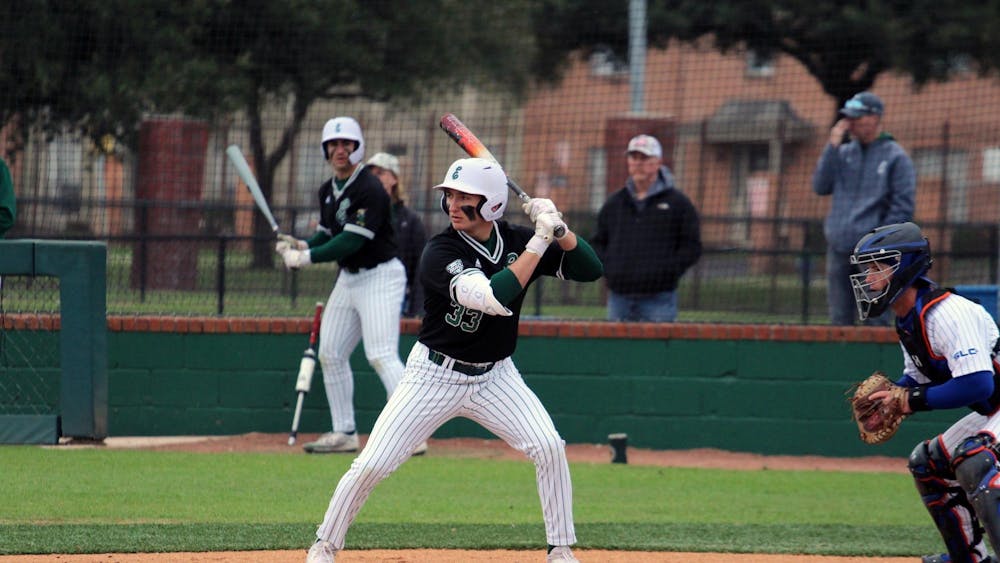During a terror attack at two mosques last week in Christchurch, New Zealand, 50 people were killed and another 50 were wounded. Quickly following the terror attacks, New Zealand already began a plan to tighten gun laws, leaving many in the U.S. wondering, “What about us?”
This attack is considered to be the worst in New Zealand’s history. The impact on the country is weighing so heavily, Prime Minister Jacinda Ardern immediately announced her plan for stricter gun laws and encouraged owners to surrender what they have now. Gun owners have begun voluntarily giving up their firearms, though only 37 weapons have been collected so far.
The current New Zealand gun laws say owners must have a license and get a background check, but after that, no weapons have to be registered. If a citizen has a license, they are allowed to purchase and own as many guns as they would like.
Though it is unclear what the new laws will consist of, it is assumed to be stricter licensing and a ban on semi-automatic weapons. “I can tell you one thing right now: our gun laws will change...Now is the time for change,” Ardern said only hours after the attack.
This promise for change and infringing on what is considered a right in New Zealand may be considered a brave move on Ardern’s part, but it is actually just the most rational move to make. If citizens are being murdered, there is an issue that needs a solution -- a concept the U.S. doesn’t seem to grasp.
We are less than four months into 2019, and there have been over 60 mass shootings in the U.S. alone, which includes over 90 dead, 100+ injured and countless left grieving. It took New Zealand 50 deaths and one day to change their laws, yet in under a quarter of a year, more than 90 Americans lost their lives and nothing has happened. Something is not right.
To put it into an even better perspective, since Sandy Hook, the 2012 Elementary School shooting that murdered 20 first-graders, there have been 1,987 more mass shootings. The worst being the 2017 shooting in Mesquite, Nevada, where 58 concertgoers were killed along with 500 injured.
We can say the name of different tragedies and know exactly what they are: Pulse Nightclub, Parkland, Columbine, Virginia Tech. That shouldn’t be memorized trivia, we shouldn’t be scared to go to the movies, or send our kids to school, or be in our place of worship. We are getting used to these shootings, they are becoming normalized to us.
Shootings are becoming so common in the U.S. that we aren’t shocked when they happen anymore. We cannot get desensitized to people being murdered. We go through a cycle where we are outraged and saddened, there is a brief political debate, then everyone falls silent and waits until the next one. It’s an inhumane, disturbing cycle and, following New Zealand’s footsteps, we shouldn’t be waiting for more lives to be lost to finally take action.
This isn’t a Democrat versus Republican stance either. Your political party doesn’t determine whether you believe we should feel safe in public. Wanting the safety of our citizens isn’t a political issue, it’s a basic human rights issue.
Politics aside, there is a very serious issue happening not just around the world, but in our country. People are dying, and we are too stubborn to take down our defenses and come together with an open conversation. We can’t stay quiet until the next tragedy happens.
It may be unclear what the solution is, but one thing that’s clear is more people are going to continue to be murdered until we have an open conversation about it. It’s time to strip ourselves of our political identity and come to a conclusion for the sake of the next victims.
If there is one thing we can all agree on, it’s that the 90+ murders so far in 2019 didn’t need to happen. If New Zealand can have the conversation and acknowledge something has to change after 50 lives lost, the U.S. should be able to acknowledge the need for change after almost 2,000 lives being lost in less than ten years. It’s gone on for too long, we need change -- now.









